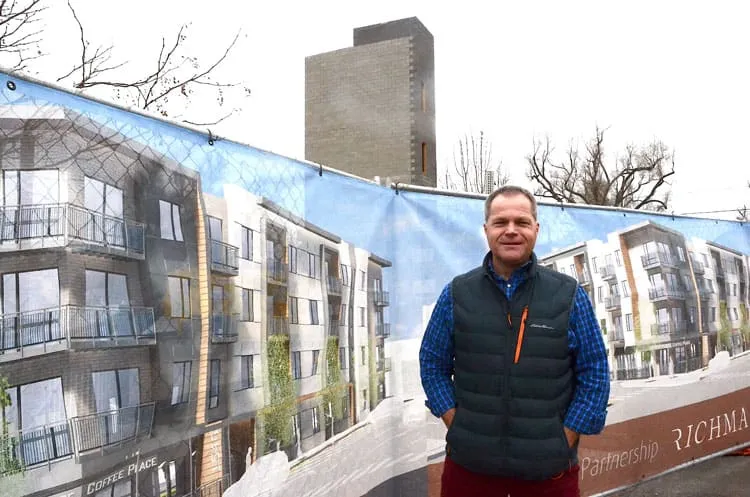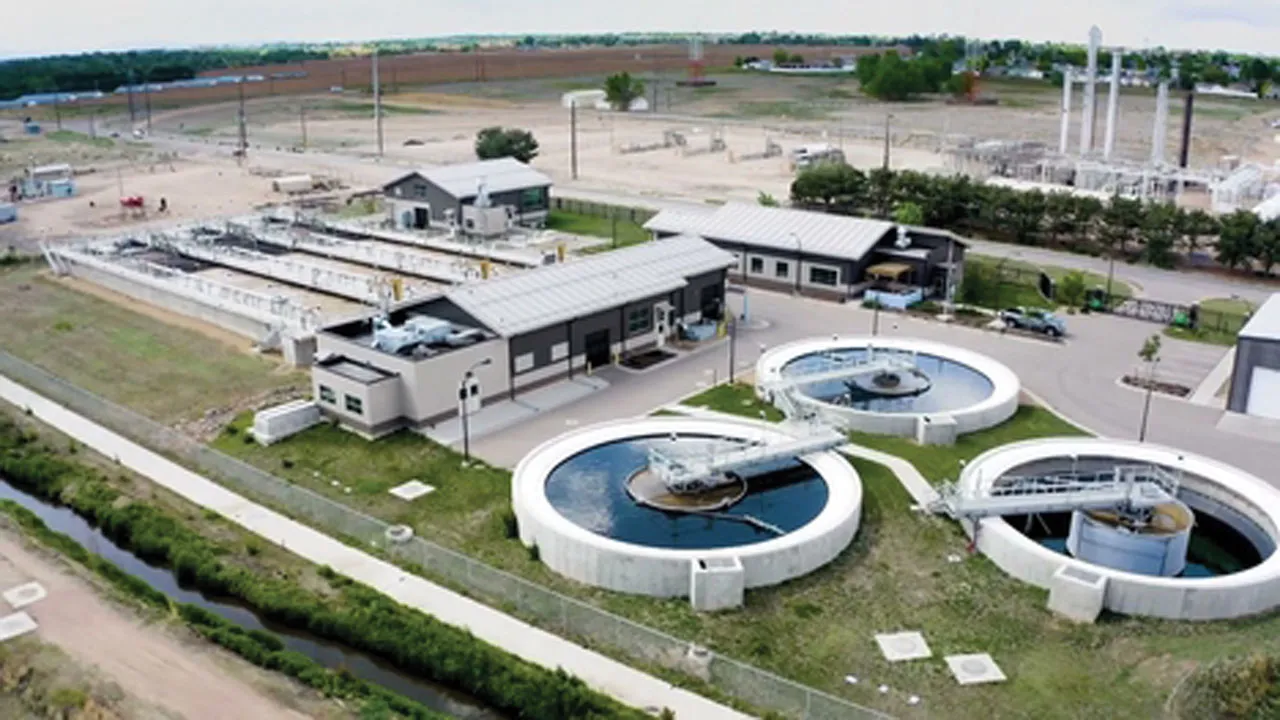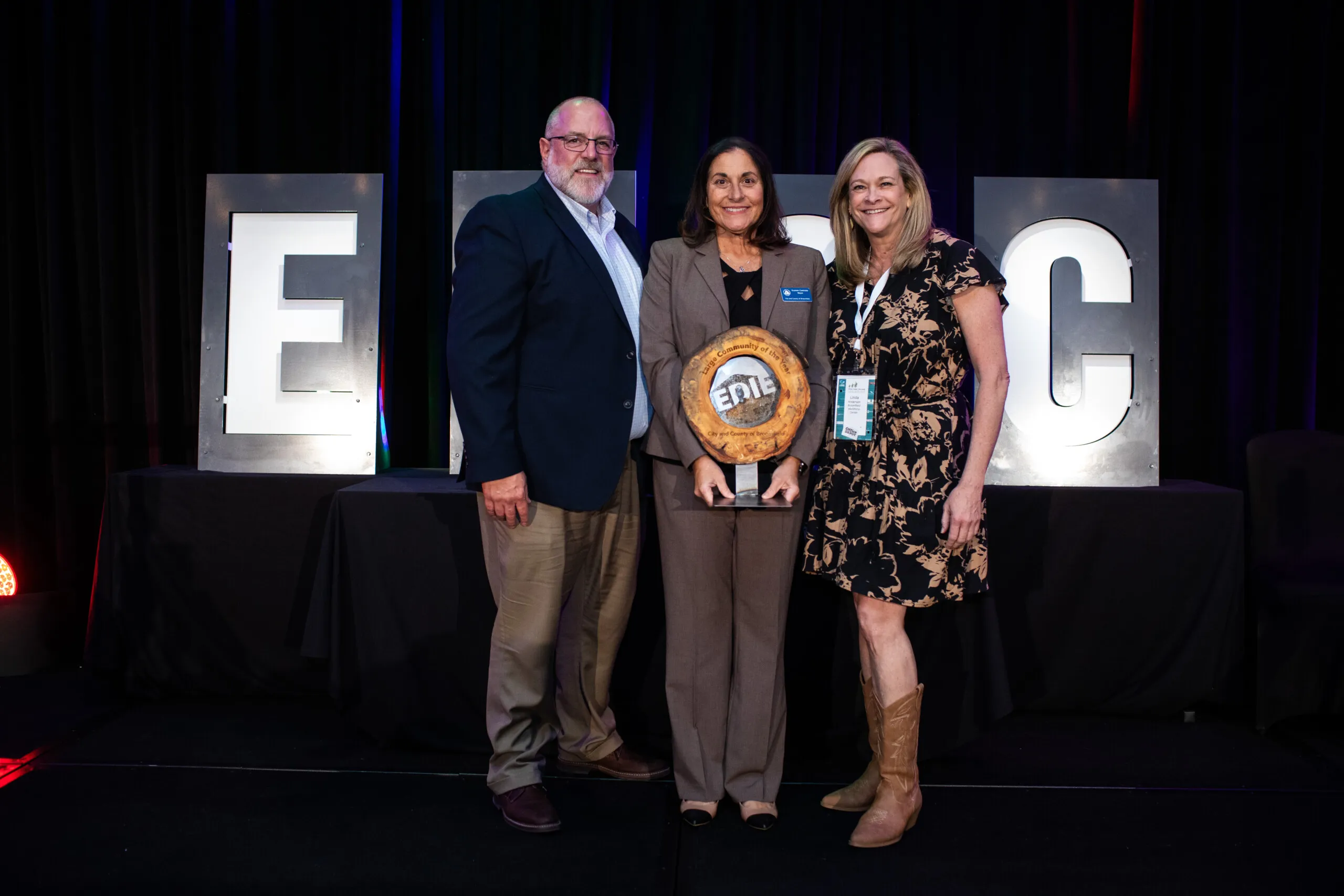Something old, something new: Greeley’s new economic developer hopes housing keeps the economy humming

GREELEY — The years before the Great Recession began in 2008 should have been one of the easier times for economic development. The national budget had a surplus. The housing market felt like a game of Monopoly, with new homes cropping up on every corner. The economy was humming more than a karaoke champion in the shower.
And yet, Ben Snow remembers it as one of the more challenging times in his career working in economic development. Businesses loved the prosperity, but the unemployment rate was so low that they were having a hard time finding workers,…
THIS ARTICLE IS FOR SUBSCRIBERS ONLY
Continue reading for less than $3 per week!
Get a month of award-winning local business news, trends and insights
Access award-winning content today!




